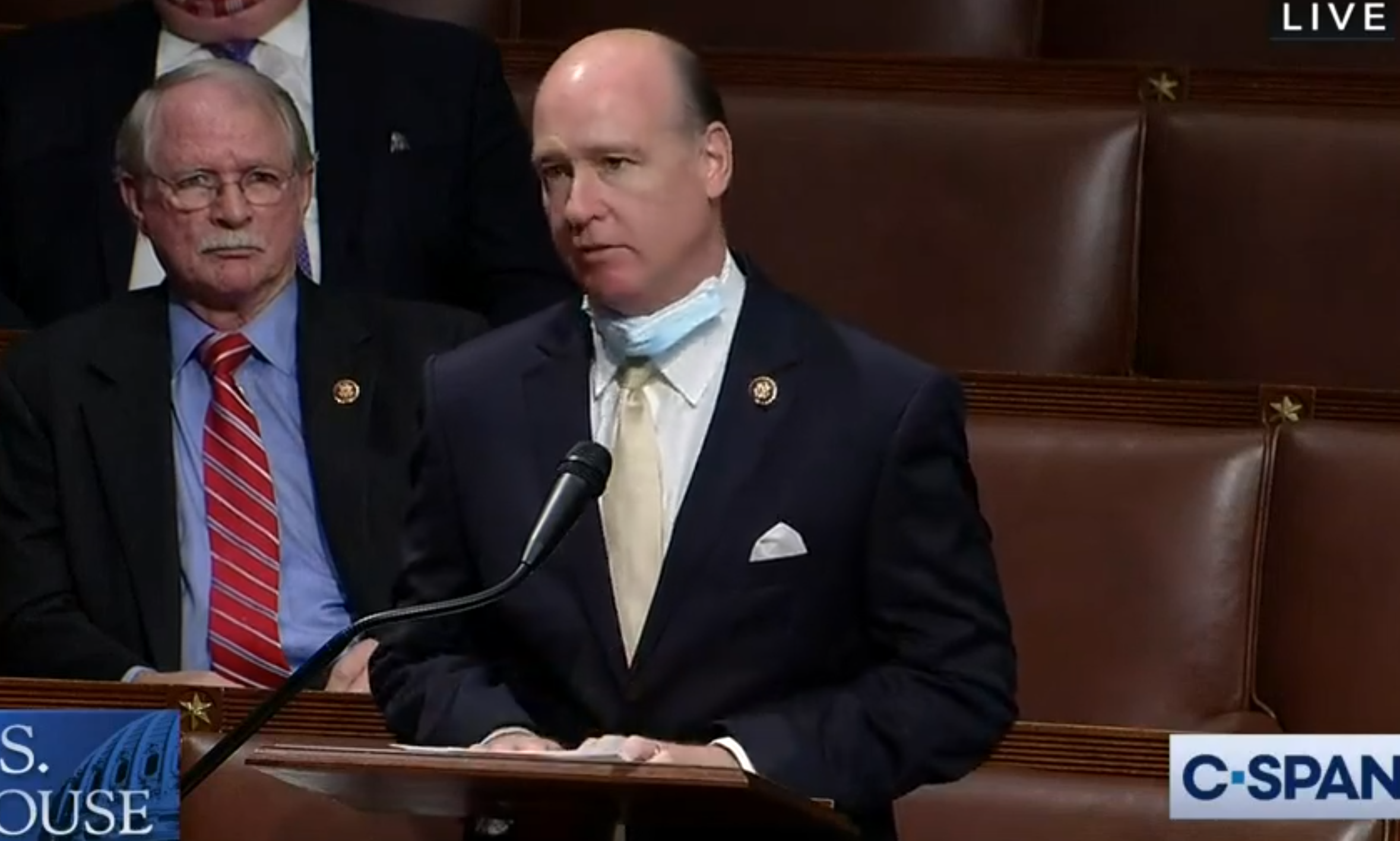Congressman Robert Aderholt, R-Haleyville, said Friday that while great strides have been made in the last few years, there is still a long way to go on rural broadband.
“Right now, in our country, there are 21.3 million rural Americans who live without reliable broadband,” Aderholt said in an email to constituents. “Here at home access to broadband is below the national average, with almost a third of homes in rural Alabama lacking access to a reliable broadband connection. This reality impacts so many people in our district, and the Coronavirus pandemic has only put a spotlight on this digital divide.”
“As you know, rural broadband has been one of my top priorities in Congress for a long time,” Aderholt stated. “We have been able to make big strides in recent years by implementing programs like ReConnect, which I was proud to have led the fight to get that created. However, I know that more needs to be done, and the Coronavirus pandemic has highlighted how important it is to finally get rural broadband done.”
“When this pandemic started, I knew that broadband would be an essential issue with millions of people forced to work from home,” Aderholt continued. “While many were able to transition to teleworking, for folks in rural areas this has been extremely difficult. It was because of this that I fought hard to secure funding for rural broadband in the CARES Act, and I was very pleased that $340 million was allocated to this issue.”
Of the $340 million to rural broadband in the CARES Act, $200 million went to FCC’s Connected Care Pilot program, $100 million is to go through the ReConnect program, $25 million went to the Distance Learning and Telemedicine programs and $15 million went to the Rural Telehealth programs LHHS and HRSA.
“This funding is a step in the right direction, but if it is only used for temporary measures in rural communities then the problem on inadequate rural broadband will continue to persist,” Aderholt said. “That’s why I urged Congressional leadership to make CARES Act funds eligible for permanent rural broadband infrastructure and that Congress provides additional time for the buildout of new infrastructure.”
“While we are all eager to get our kids back in school, the reality of the COVID-19 pandemic has forced school districts to make tough decisions between reopening completely, implementing a hybrid model, or going fully online,” Aderholt explained. “What makes this decision even harder for schools is that many of their students will not have access to the broadband they need to attend virtual class or complete online learning. This reality is beyond unacceptable. Kids should not have to sacrifice their education just because they live in rural communities and don’t have reliable broadband.”
“As I said earlier, there have been great strides made over the past few years when it comes to rural broadband. However, there is a long way to go, and solving this issue once and for all is long overdue,” Aderholt stated. “I will continue to do everything in my power to secure high quality and reliable broadband across our state, because no community should be without it. The fight for this issue is not over, and I am certainly not putting my gloves down anytime soon – it’s high time we get rural broadband done.”
Robert Aderholt is in his twelfth term representing Alabama’s 4th Congressional District. He faces Democratic nominee Rick Neighbors in the Nov. 3 general election.



















































